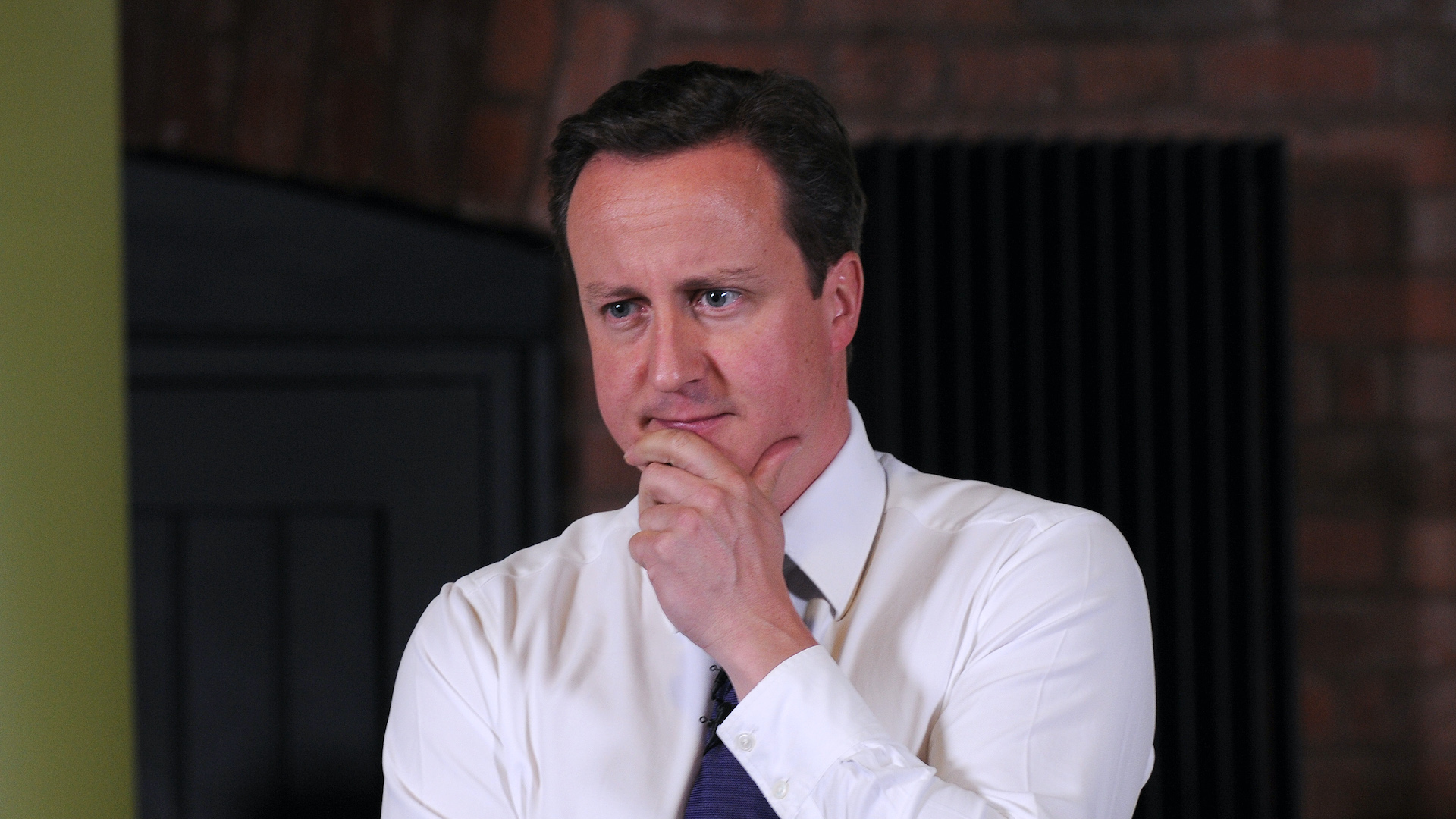It took him a month, but David Cameron has finally admitted it. He is a lobbyist. “There have been various charges levelled against me these past weeks,” he said in a statement on Sunday, “mainly that I made representations to the government on behalf of a company I worked for. I did.”
In fact, he badgered senior government figures and former colleagues for access to a government loan scheme on behalf of a firm, Greensill, that was about to go bust and in which he had a significant financial stake.
But, as he also correctly points out, no rules were broken.
And that is because, as Prime Minister, Cameron blocked attempts to introduce rules governing lobbying, rules that would directly apply to the kind of activities he has been engaged in.
Cameron resisted calls to clamp down on lobbying. Instead, what his government did in 2015 was introduce a sham register of lobbyists.
For years I lobbied Cameron’s government to introduce regulations for lobbyists, as part of a campaign to shine a light on the UK’s £2bn influence industry. Our central ask was for a compulsory lobbying register, such as exist in countries around the world, that would make public who was bending the ear of government. It would require paid lobbyists to declare who they are, which interests they represent, whom they are lobbying and what they are seeking to influence. Ideally, it would also force lobbyists to reveal see how much they are spending on influencing government, which can run to millions of pounds.
Effectively, a register opens the curtains a chink on government decision-making. It allows a bit of light into the room, so that the public can see who is discussing what, the favours being exchanged and deals done. It’s a small step towards greater accountability.









